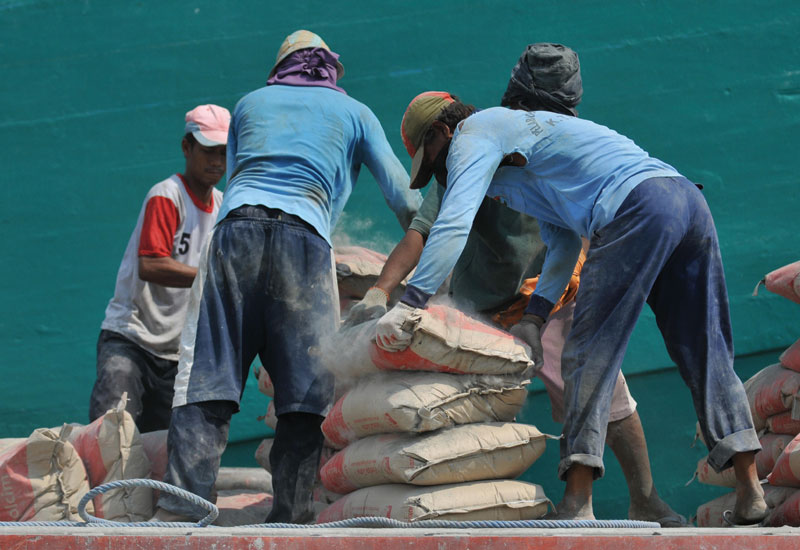The Ministry of Agriculture will begin testing newly derived wheat mutations inside the farms of the Egyptian Atomic Energy Authority in Anshas next August, according to Mohamed Ayyad, a genetics lecturer at the Atomic Energy Authority.
Officials of the Authority held intensive meetings over the past weeks to discuss accelerating the approval of the new boom of wheat that was devised within the nuclear research centres, which contributes to increasing wheat productivity by 33% over the local product, according to Ayyad.
The production of mutations is the fastest way to confront the problem that all countries of the world suffer from, which is the narrow genetic base of crops, which is the reason for which many countries seek to obtain such distinguished genetic assets.
The new wheat mutations are characterized by having a different genetic base, which helps in their ability to resist diseases and to tolerate adverse environmental conditions, as well as an increase in productivity per unit area by 33% over the current commercial varieties, and they are completely safe in terms of food safety, according to Ayyad.
Despite the high productivity of the newly developed wheat mutations, it faces a problem in registering agricultural varieties, especially since the registration steps take at least 3 years, according to Ayyad.
This contradicts the current period that the world is going through in terms of the shortage of wheat exports as well as the pressure on the state to provide hard currency to import wheat, especially since all the tests that are carried out by the Varieties Registration Committee are the same tests carried out by the authorities that produce mutations, according to Ayyad.
The mutation that was deduced from wheat seeds, one of them bears approximately 400 grains, while the traditional spike of wheat carries between 80 to 100 grains only.
The wheat boom is exposed to a radiation dose using gamma rays, which is completely safe for human health and has no side effects.
The Atomic Energy Authority began working on the strategic project for agricultural crop booms in 2002. The scientific plan was to elicit new agricultural booms in Egypt to confront climate changes and provide foreign currency.




